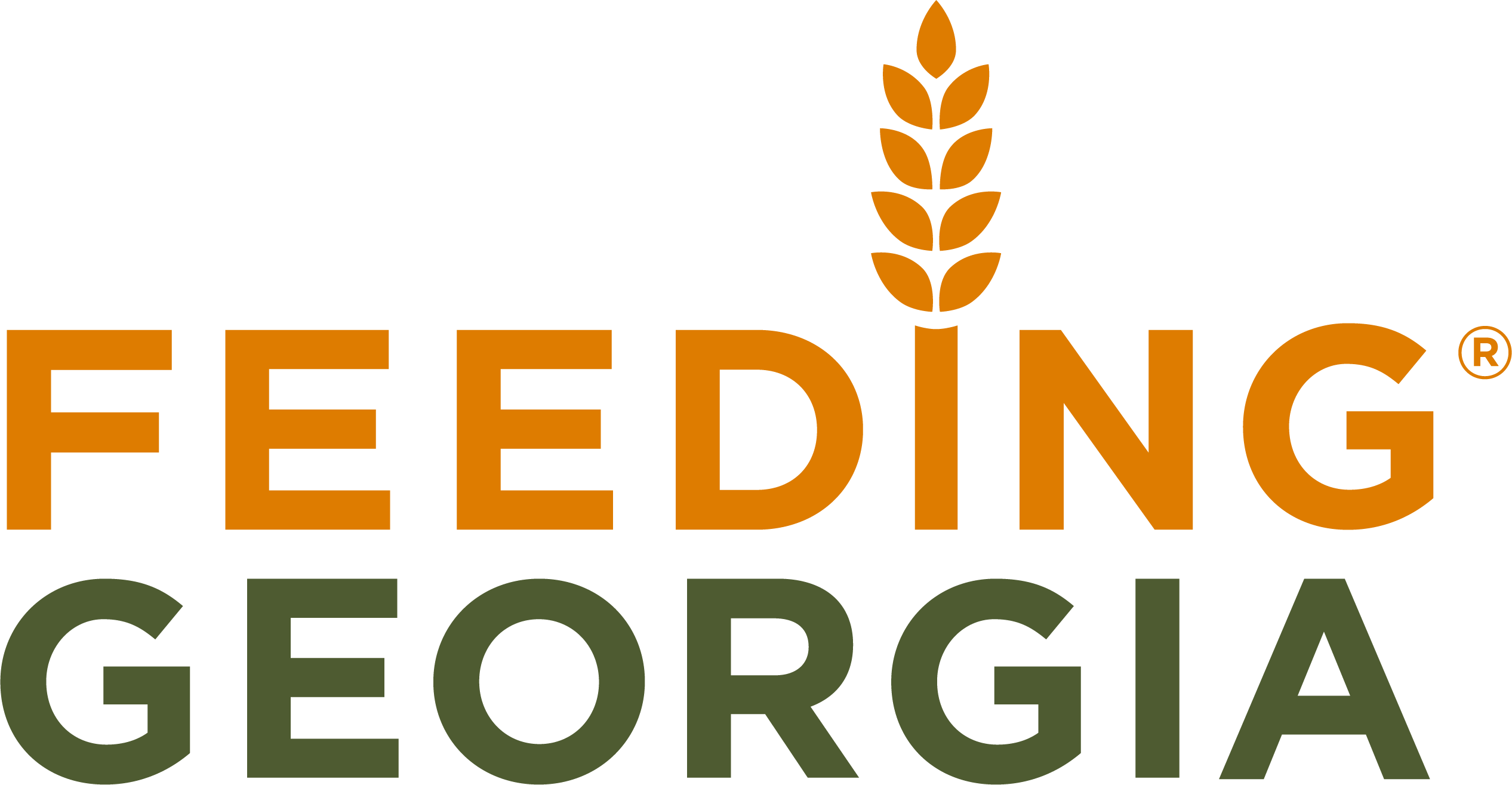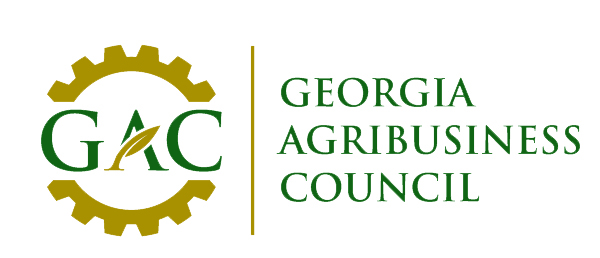advocacy
Policy and funding decisions affecting Georgia’s food banks and those we serve are regularly made at the local, state and federal levels. Feeding Georgia works everyday to educate and partner with our leaders so they can make informed decisions and laws that will help us become a hunger-free Georgia and support our food bank partners.
How to Take Action
We know that when the public contacts their lawmakers, they listen. Your voice could make the difference in support for critical feeding programs and continuing policies that support the food banks and those we serve. Put your values into action. Here are three ways you can help us advocate for a hunger-free Georgia:
Learn about Feeding Georgia’s Advocacy Efforts.
Go to our “Advocacy” page to learn about our ongoing efforts to partner with legislators and officials at both the state and federal levels
Learn about Federal Policy Issues.
We partner with our colleagues at Feeding America to advocate on federal issues To learn more visit their “Take Action” page.
State Advocacy
The Georgia General Assembly periodically reviews and renews important sales tax exemptions that enable Georgia’s food banks to distribute an additional 41 million meals each year. To make this possible, Feeding Georgia works with the General Assembly to ensure that:
- Food banks are exempt from taxes on bulk purchases of food
- Grocery stores and other retailers who donate food to the food banks are not penalized with a use tax
Federal Advocacy
We work with our national partner at Feeding America to advocate for maintaining and strengthening the federal nutrition program, which are important lifelines for children and families in Georgia and across our country when they fall on tough times.
- A child who cannot always rely on dinner at home is assured breakfast and lunch at school because of the School Nutrition Programs.
- A working mother who is struggling to make ends meet knows she can get help to feed her family through the Supplemental Nutrition Assistance Program (SNAP).
- American-grown food is distributed to Georgia’s food banks through the TEFAP program (The Emergency Food Assistance Program).
These programs are also an important part of the local economy. But our federal programs are only as strong as the support they receive on Capitol Hill. Learn how we protect these programs through our work with Feeding America on the Farm Bill, the Child Nutrition Reauthorization Act, and Budget and Appropriations here.
60 %
The percentage of kids in Georgia who were eligible for free and reduced price lunch at school before COVID-19
4.5 Billion
The amount SNAP generates in economic activity in Georgia each year.
31.2 Million
The number of pounds of American-grown food Georgia’s food banks distribute through TEFAP each year
Feeding Georgia
Main: (404) 419-1738
3400 North Desert Drive
Atlanta, GA 30344
Tax ID EIN – 58-2374577




